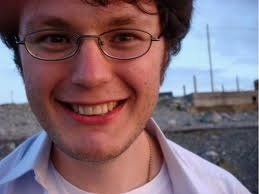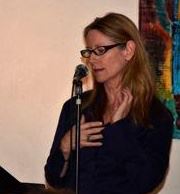Naomi Long Madgett First Woman to Win Eminent Artist Award
The Detroit-based Kresge Foundation has awarded its 2012 Eminent Artist Award to Naomi Long Madgett, poet laureate of the city and author of ten poetry collections. Also a teacher and the founder of forty-year-old Lotus Press, Madgett received the fifty-thousand-dollar prize in honor of her contributions to poetry as well as her work promoting African American literature.
Foundation president Rip Rapson called Madgett "the embodiment of what it means to be an eminent artist," praising the poet for pursuing "a life of creativity while supporting other writers and poets, reaching across generations to spark in young people a love of words and writing, and maintaining a deep and abiding to commitment to the Detroit community."
"I've worked all my life trying to help people, poets and students," Madgett says. "I think we are here to serve. There’s a hymn—'If I Can Help Somebody'—that goes, 'If I can help somebody, as I pass along, then my living shall not be in vain.' It makes me very happy to leave a legacy of words that other people can relate to."
Previous winners of the Eminent Artist Award include poet and playwright Bill Harris, jazz trumpet player Marcus Belgrave, and visual artist Charles McGee, all of Detroit. The winners are nominated by an advisory council and selected by an independent panel, which this year included musicians Larry Gabriel and James E. Hart; Rebecca Mazzei, deputy director of the Museum of Contemporary Art Detroit; Robin Terry, chairman and executive director of the Motown Historical Museum; and Marilyn Wheaton, director of the Marshall M. Fredericks Sculpture Museum.
Below is a video poem of Madgett's "Alabama Centennial," originally collected in the book Star by Star, published by Detroit's Harlo Press in 1965.





 San Diego has the
San Diego has the  What makes your press and its programs unique?
What makes your press and its programs unique?